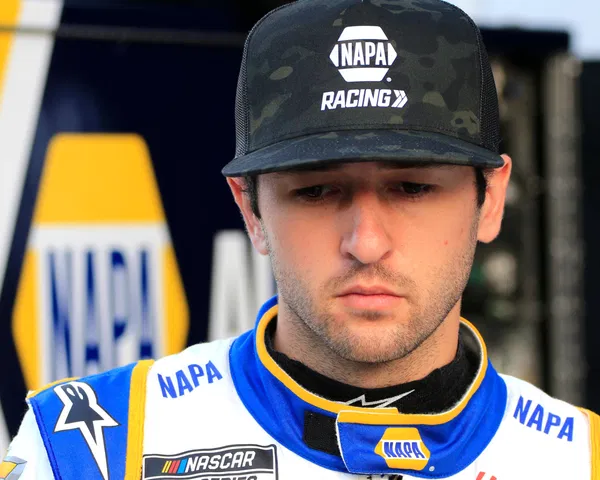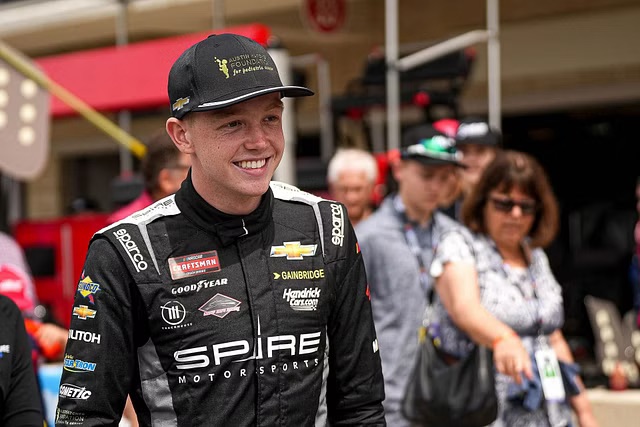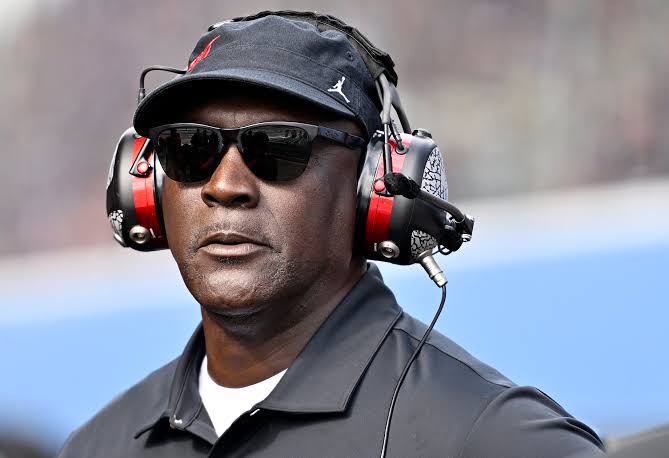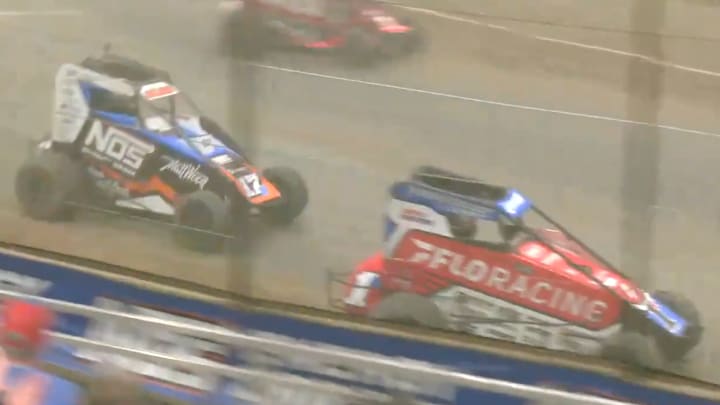Chase Elliott’s recent struggles with the Next-Gen car are creating quite a stir in the NASCAR world. Known for his exceptional prowess on road courses, Elliott holds the record for the most road course wins among current drivers, with seven victories to his name. Despite this impressive track record, he has not won a single road course race since the introduction of the Generation 7 car. This raises a crucial question: how could a driver who has consistently excelled on these tracks suddenly face difficulties?
With the Cup Series playoffs set to continue at Watkins Glen International, Elliott has a prime opportunity to address his recent challenges. This track is particularly significant for him, as it was the site of his first Cup Series victory. Can Elliott overcome his recent road course struggles and secure a win at a place where he has previously triumphed?
Elliott’s dominance on road courses has been well-established. He began his NASCAR career with a strong performance on these tracks, securing his first Cup Series win at Watkins Glen International in 2018. He followed up with another victory there in 2019, showcasing his exceptional skill and solidifying his reputation as a road course specialist. His success didn’t stop there; Elliott also clinched victories at other notable road courses such as the Daytona road course, Charlotte Roval, Circuit of The Americas, and Road America in subsequent years.
However, the advent of the Next-Gen car has brought about a noticeable shift. Data shared by NASCAR analyst Eric Estepp highlights a dramatic change in Elliott’s performance. After securing four consecutive road course wins, Elliott has been unable to claim victory on these tracks since 2022. This is a stark contrast to his previous dominance and raises questions about the impact of the new car model on his performance.
Despite these setbacks, Elliott’s overall statistics remain impressive. According to Estepp, Elliott boasts the second-best average starting position and the best average running position on road courses over the past three years, excluding the Chicago Street Course. Furthermore, he has led the majority of laps in the Next-Gen car, which suggests that his so-called ‘struggles’ might not be as severe as they appear.
While Elliott has not won in recent times—a feat he previously achieved with relative ease—he remains a formidable competitor on road courses. His ability to compete with top drivers like Tyler Reddick and Shane van Gisbergen remains intact. As the playoffs approach, Elliott’s prospects at Watkins Glen International seem promising. Currently, he is eighth in the driver standings, 24 points above the cut-line for the Round of 12. Although he hasn’t finished in the top five in the last ten races, his history at Watkins Glen and his overall road course skills suggest that a victory is within reach.
In addition to his on-track performance, Elliott has also been vocal about improvements he believes could benefit NASCAR. Drawing inspiration from college football, Elliott has suggested that NASCAR could enhance fan engagement by adopting a similar scheduling approach. He points out that college football’s shorter, more concentrated season creates a sense of anticipation and excitement. According to Elliott, this could be beneficial for NASCAR, making fans look forward to races more eagerly and improving overall engagement.
On The Teardown podcast, Elliott elaborated on his thoughts: “I think the first thing is the length of the season. They get a lot in, and when I say length of the season, I’m not necessarily talking about the number of races. But just the amount of calendar year that you burn in doing it. Their season is fairly short and when it rolls back around, it’s exciting. It’s been waiting all year for this, and I think that’s cool, and our sport could use a little more of man I missed that. I really wish there was a race on this weekend. That sucks that it is not, but when it does come back. I’m going to be really fired up to watch it. I think that’s healthy.”
Elliott’s perspective suggests that periodic breaks could rejuvenate fan interest and attendance. By not having races every weekend, NASCAR could prevent fans from taking the sport for granted and enhance their excitement for each race. While NASCAR’s schedule for the 2025 season is already finalized, there’s potential for such changes to be considered for future seasons.
In conclusion, while Chase Elliott’s recent road course performance with the Next-Gen car raises questions, his skill and competitiveness remain undeniable. With the Cup Series playoffs moving to Watkins Glen, he has a chance to rectify his recent challenges. Additionally, Elliott’s suggestions for improving NASCAR’s schedule could offer valuable insights into enhancing fan engagement and ensuring the sport’s continued success.
Can Chase Elliott Bounce Back at Watkins Glen and Overcome Next Gen Struggles to Save His Playoff Hopes?




